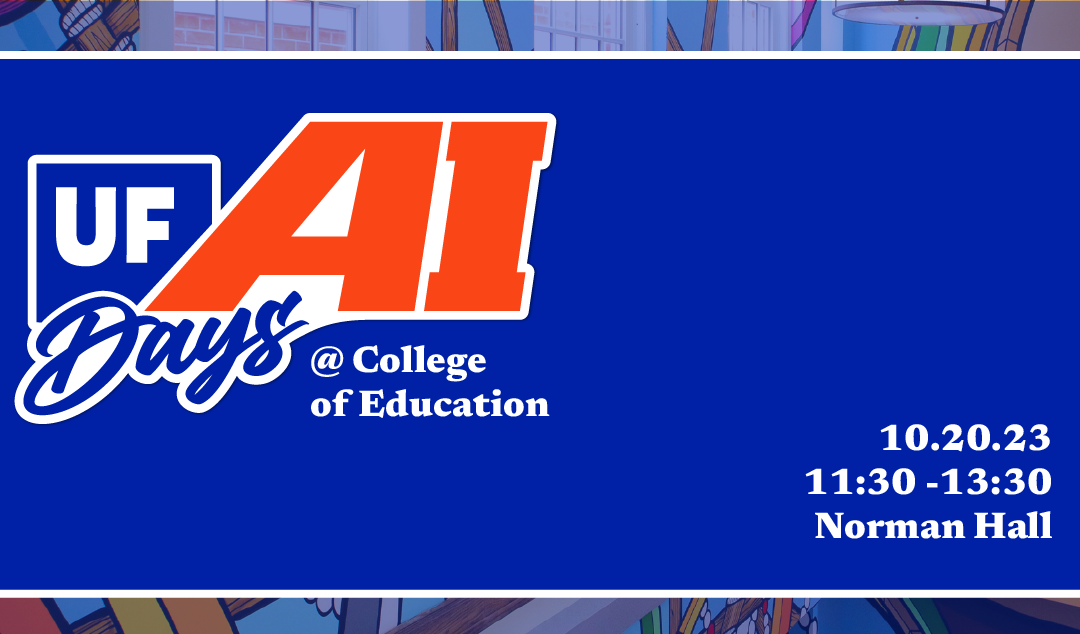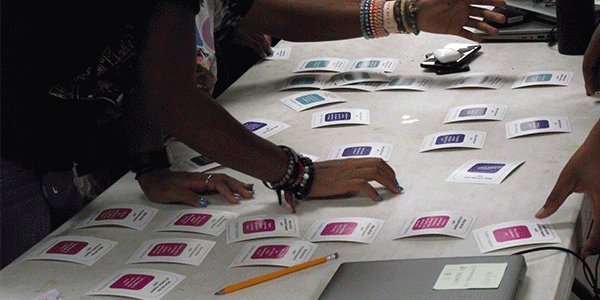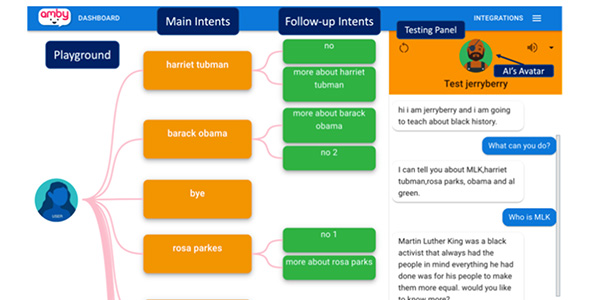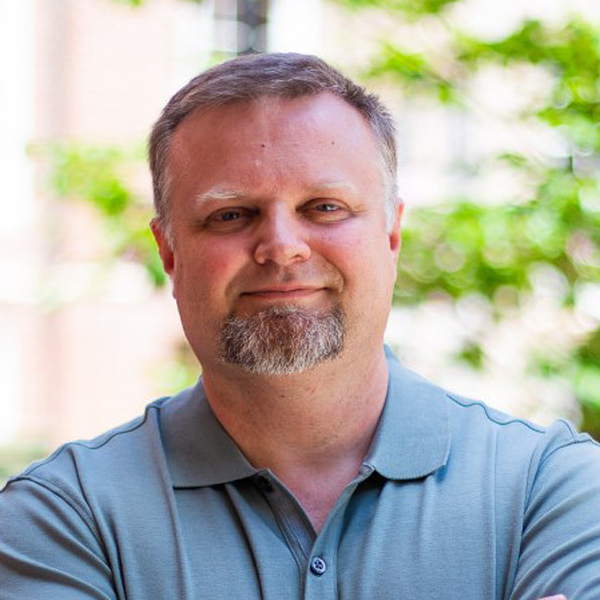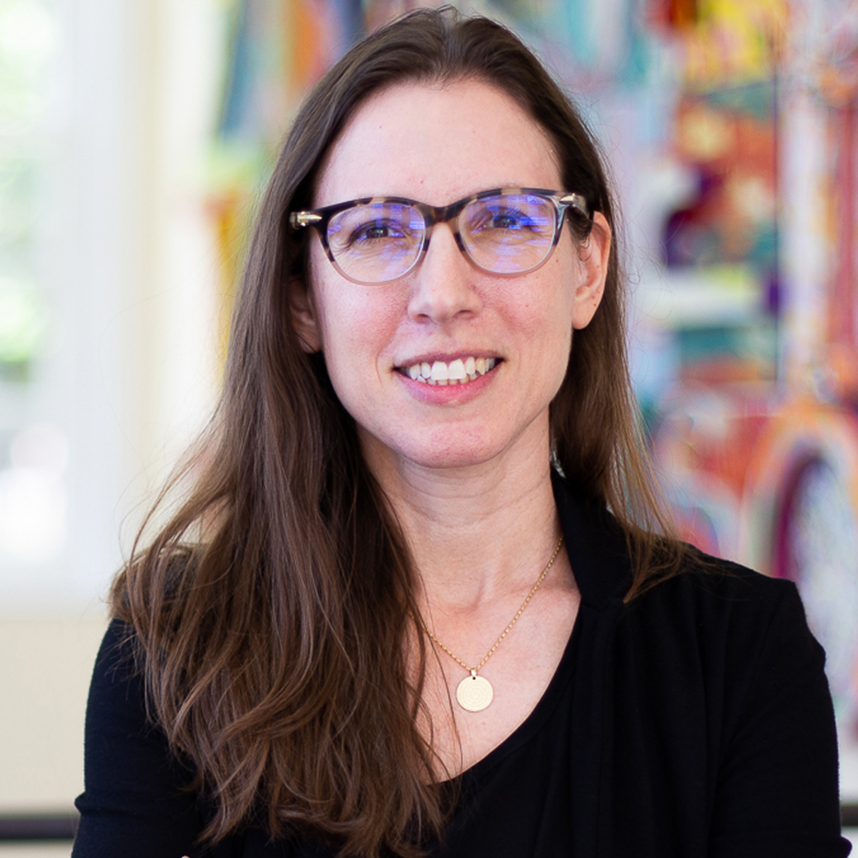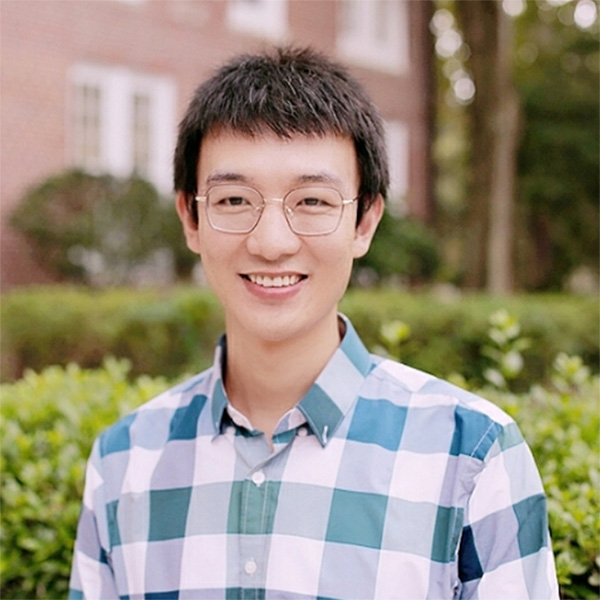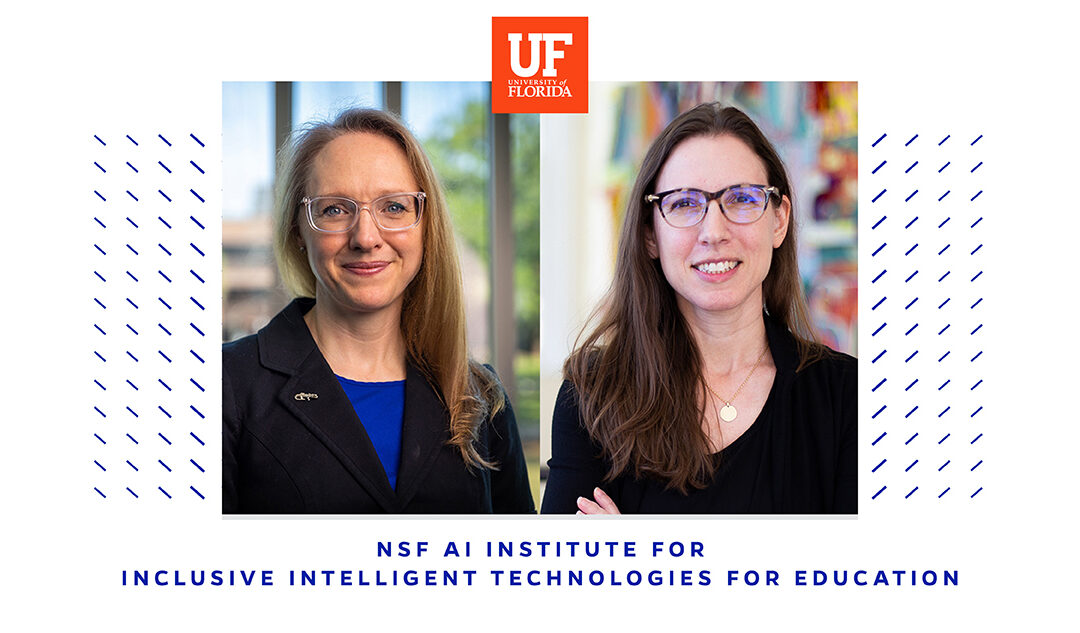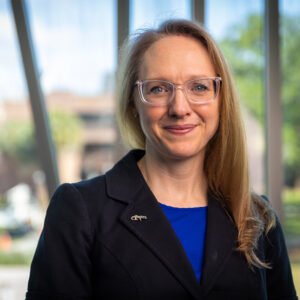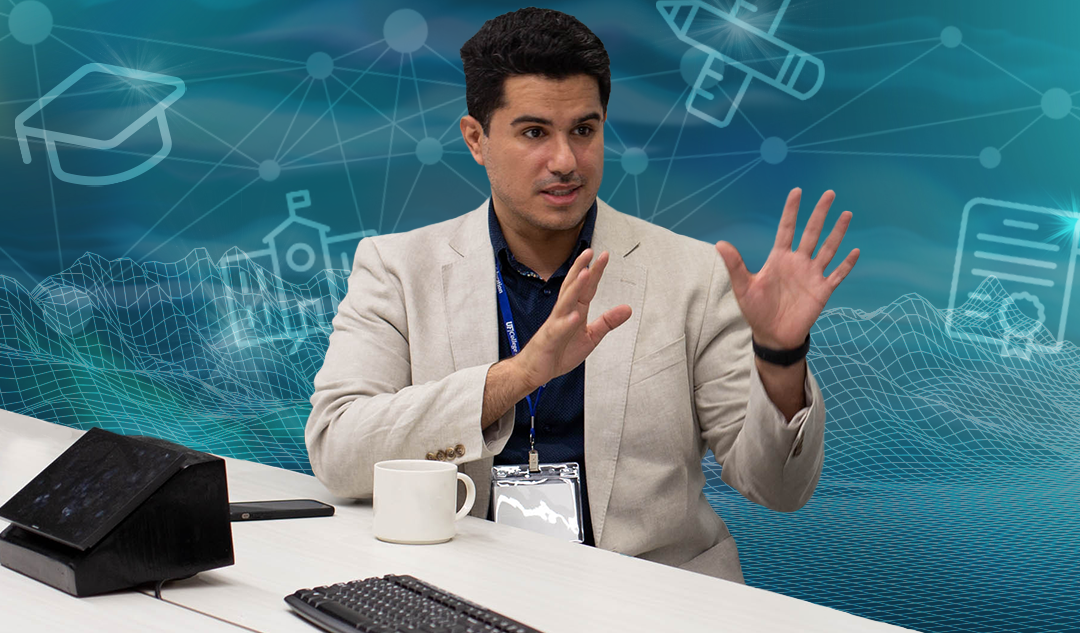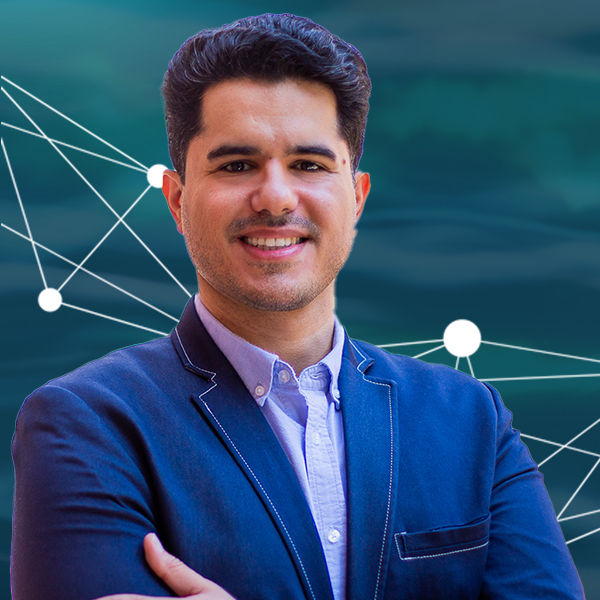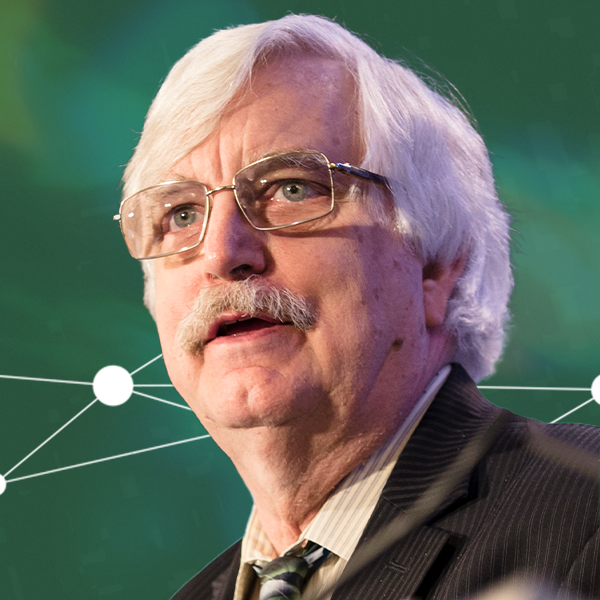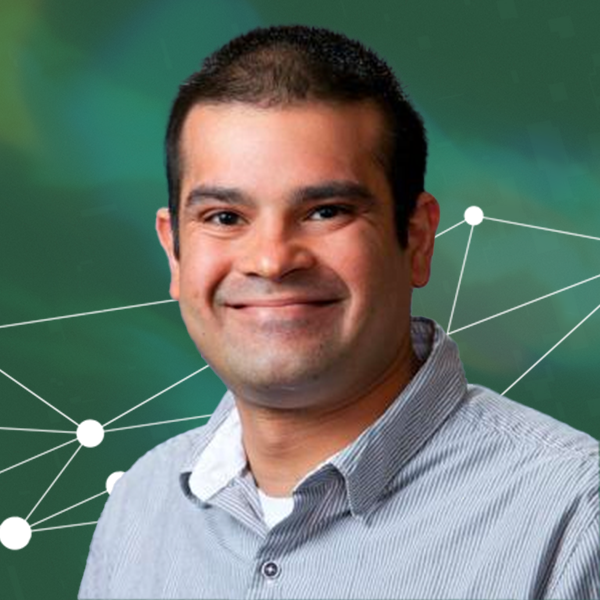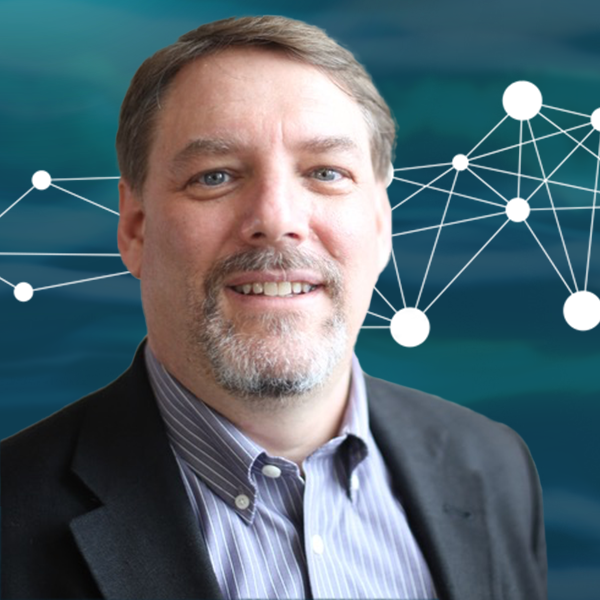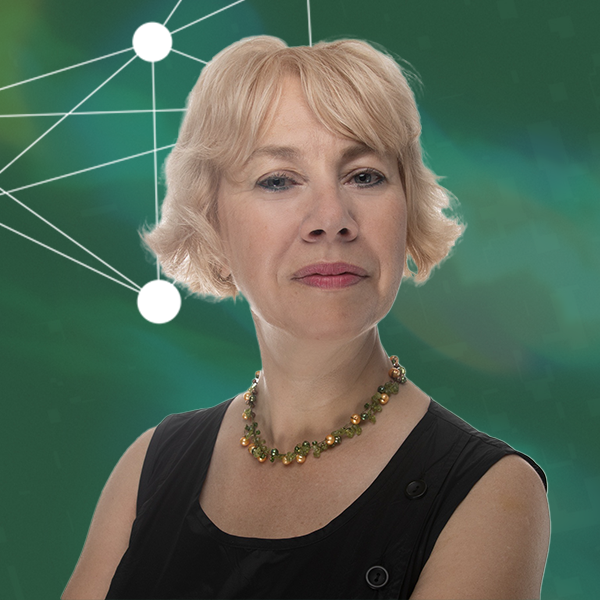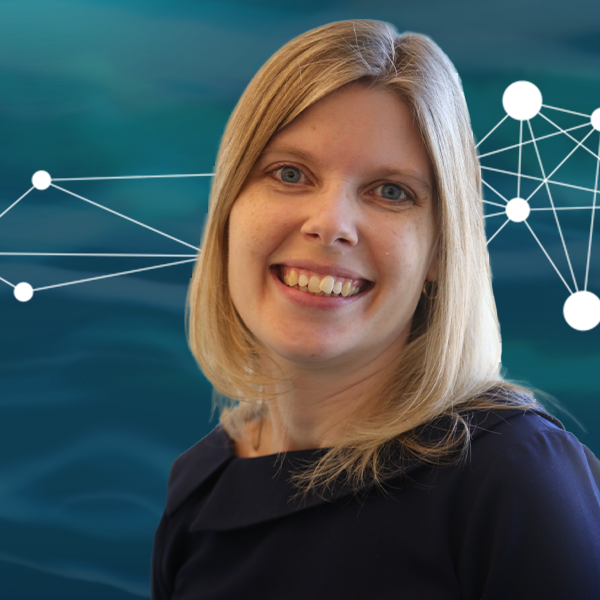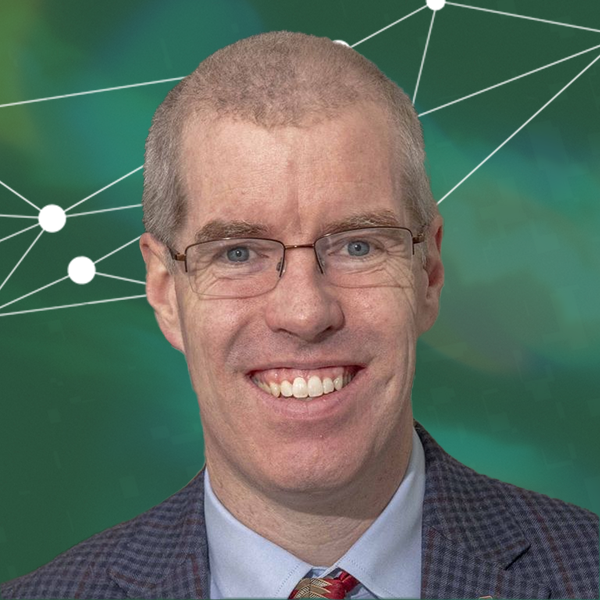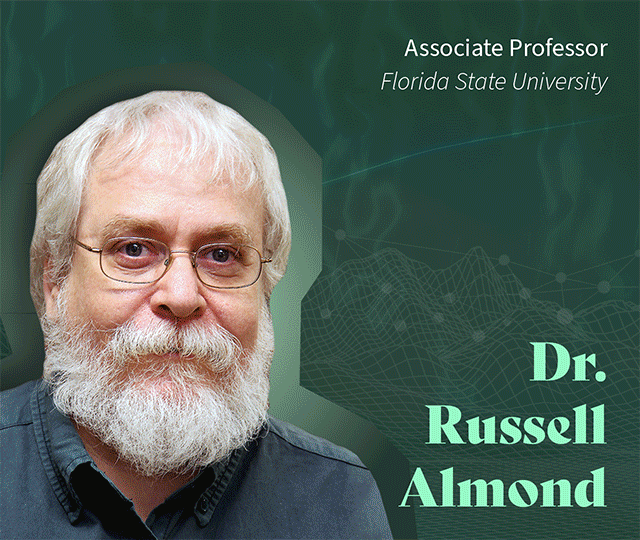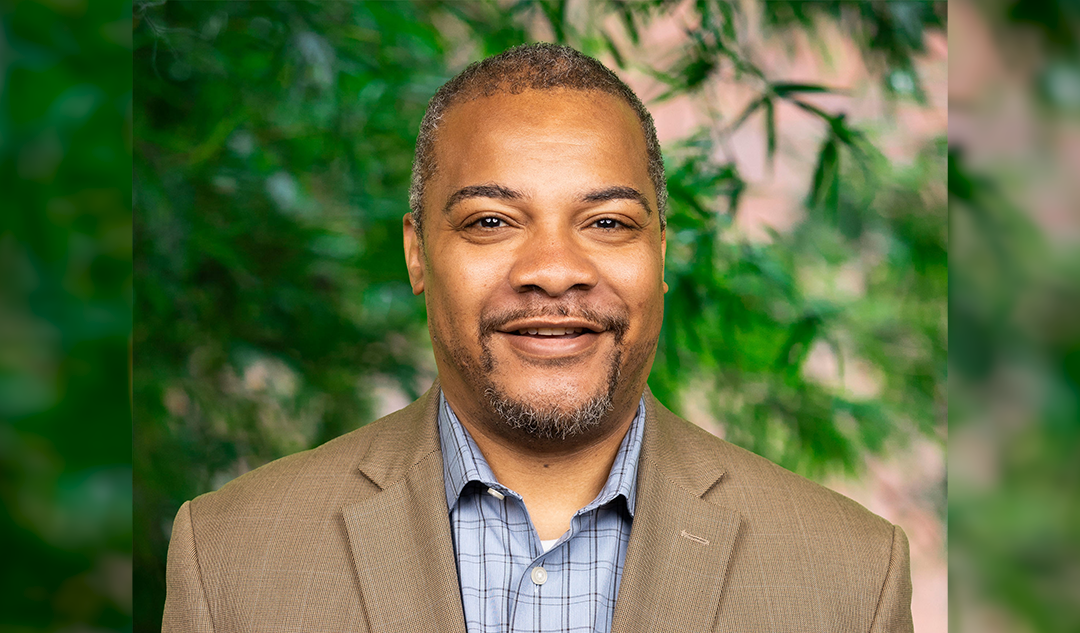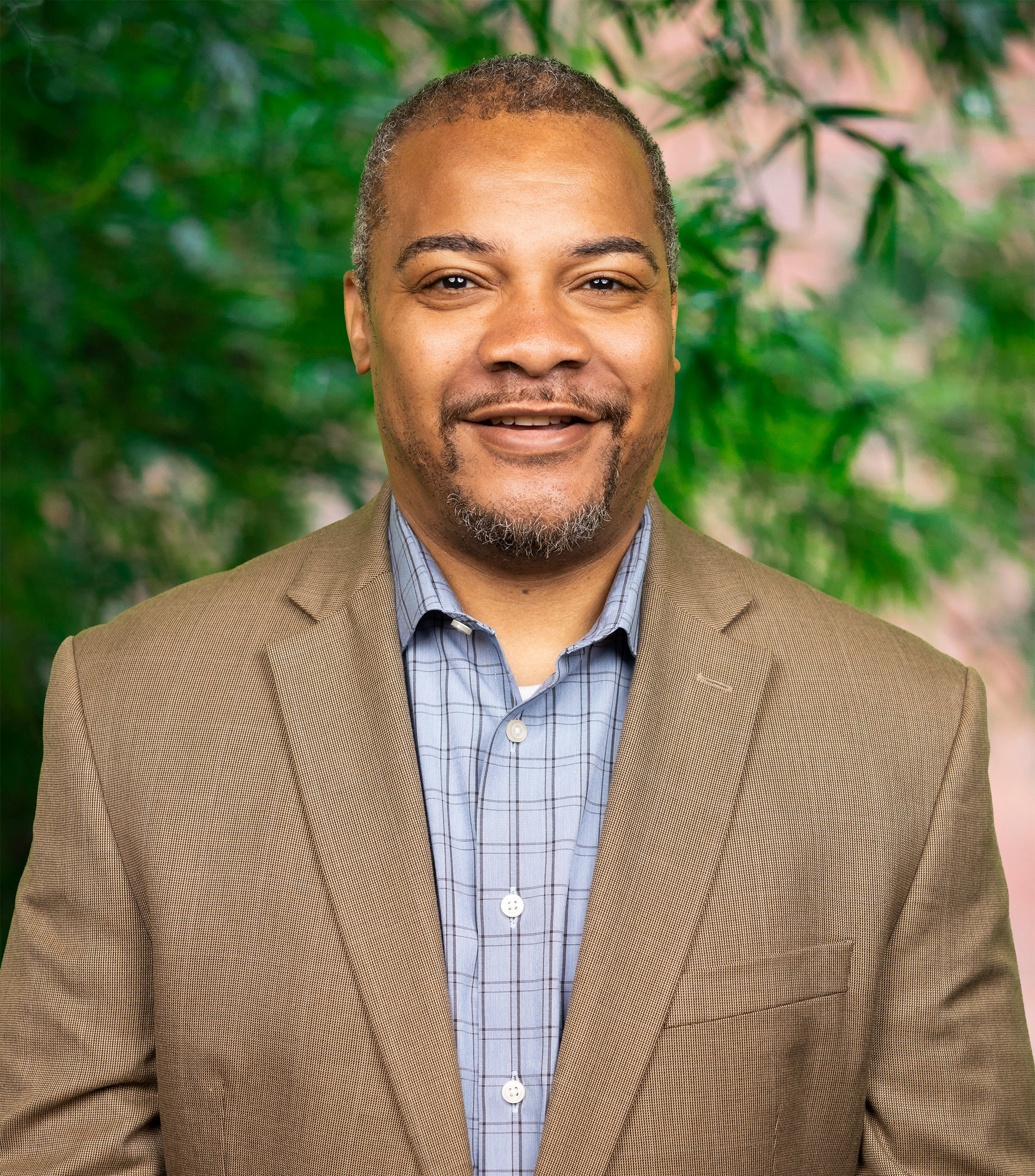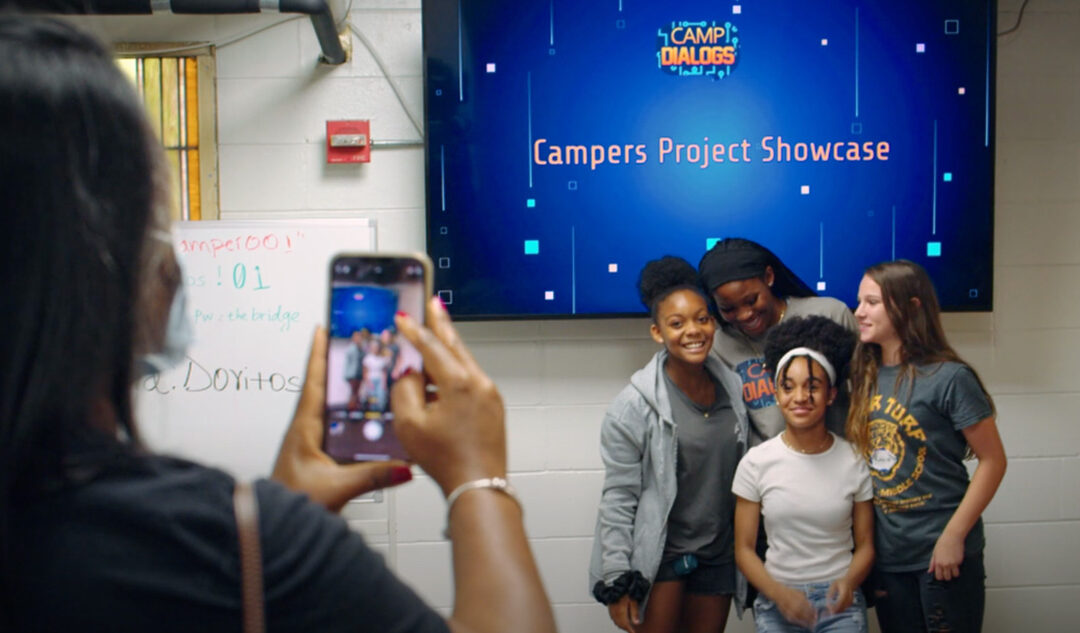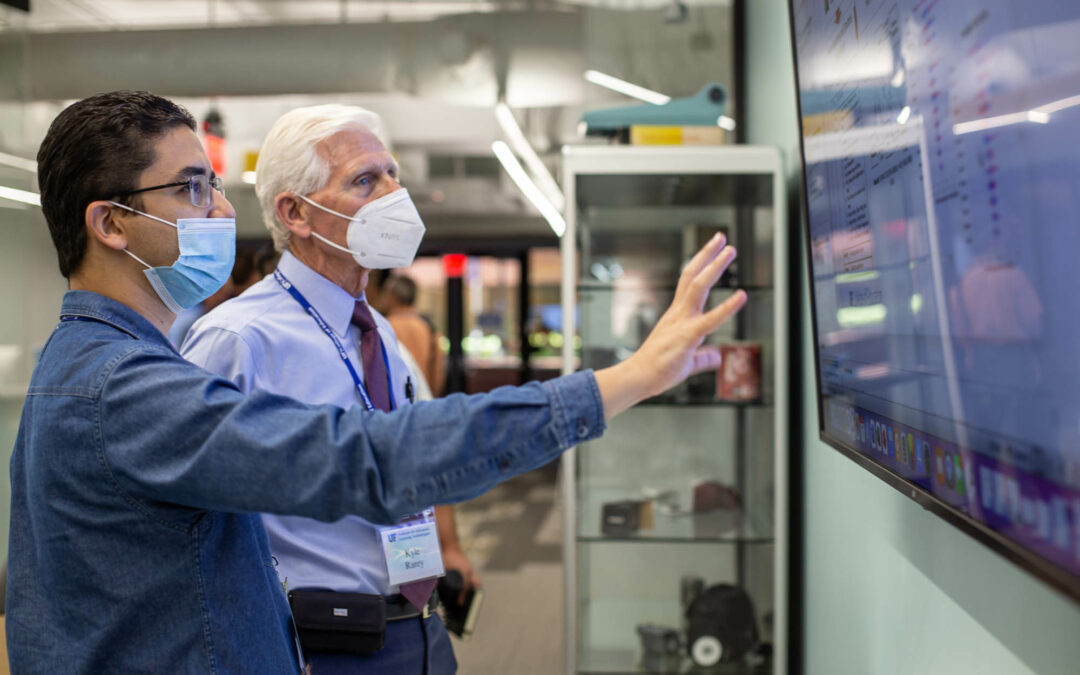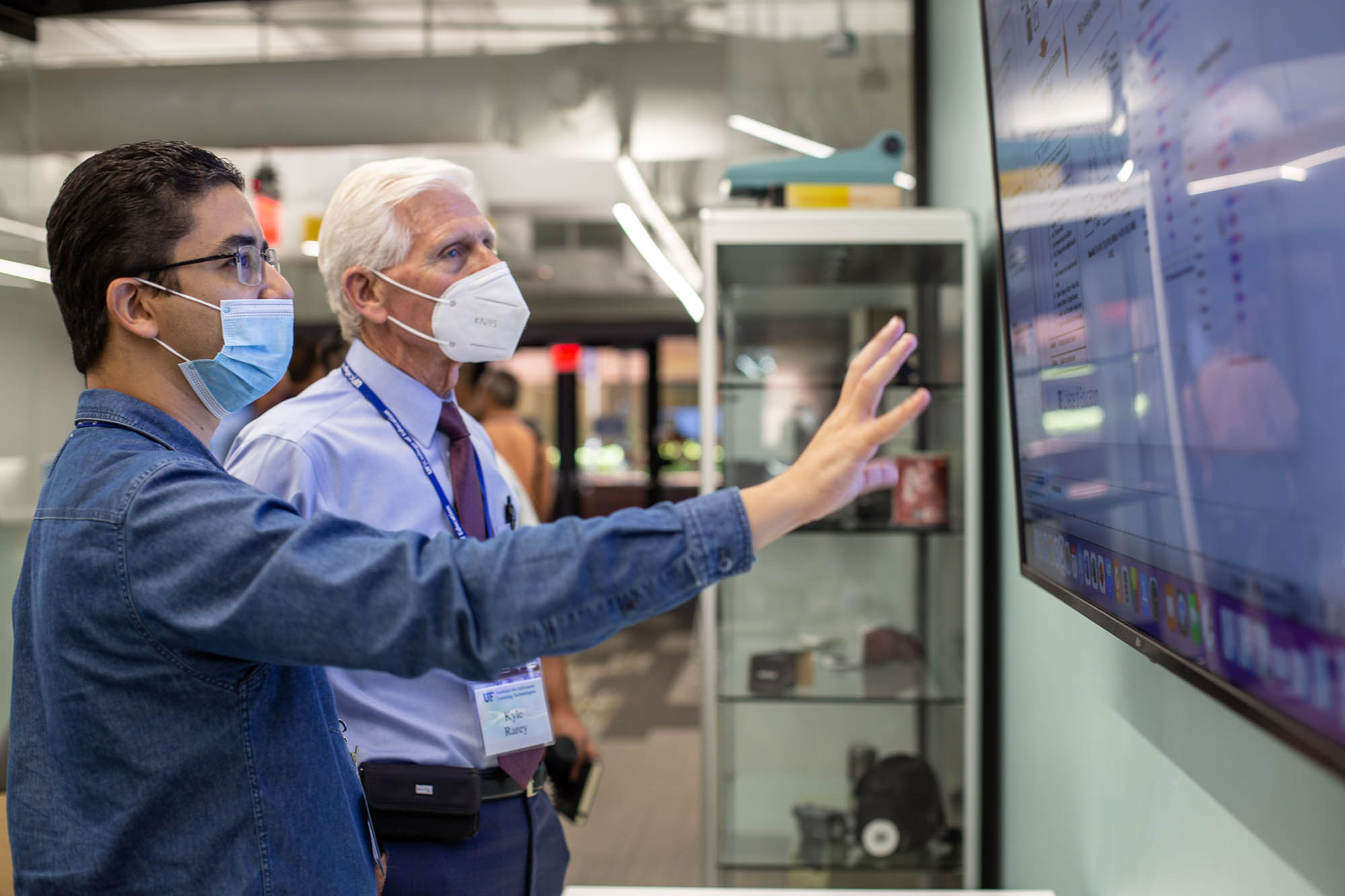Artificial intelligence is changing the landscape of education, creating opportunities to personalize learning, enhance experiences and provide improved feedback as we progress into the future.
This was the topic of the University of Florida’s AI in Education Workshop that took place Thursday from 3 p.m. to 6:30 p.m. Drawing about 350 participants, the Zoom webinar provided insight into AI developments from the perspectives of 18 leading researchers.
The speakers were not only from renowned NSF AI Research Institutes but also three major learning companies: Duolingo, Khan Academy and ASSISTments. The workshop bridged the gap between higher education and industry, shedding light on just how fast AI is developing and changing learning.
During the welcome, Workshop Director Seyedahmad Rahimi, a UF College of Education assistant professor of Educational Technology in the Institute for Advanced Learning Technologies, defined AI and offered context about its uses in education to enhance assessment, experiences and evaluation.
“It has the potential to transform the way we teach and learn, and we are fortunate to have some of the foremost experts in the field of AI education gathered here today to share their knowledge and insights with us,” Rahimi said.
Rahimi thanked the large group for joining, stating it served as a testament to the quality of the presenters’ work and the importance of AI discussions.
The event featured a video message from Provost Joe Glover followed by six presentations — each of which had its own Q&A session. The presentations were given by representatives from the iSAT AI Institute, Duolingo, Engage AI Institute, Khan Academy, AI Institute for Adult Learning and Online Education and ASSISTments.
In his address, Glover discussed the emphasis on AI at UF as it quickly transforms all aspects of life. Specifically, HiPerGator sparked UF’s AI initiatives, leading to the creation of 100 new faculty positions and the expectation that UF will graduate thousands of students who will apply these tools nationwide, Glover said.
“The AI initiative drives an important transformation for the university,” Glover said in the video. “We believe we are building the nation’s first AI university.”
During the first presentation, Peter Foltz, the executive director at the National Science Foundation AI Institute for Student-AI Teaming (iSAT), said a major theme of the research community is how they incorporate AI into teaching.
Currently, Foltz said the institute is analyzing AI as a social collaborative partner that can work with teachers and students to increase effectiveness and engagement. They want to empower students in their learning, as well as their AI experiences, so they can later advance AI-based workplaces.
“We’re having a lot of fun,” Foltz said. “And at the same time, we’re really moving things forward to be able to help students have these kinds of rich social collaborative learning experiences.”
Alina von Davier, Duolingo’s chief of assessment, discussed the use of generative AI, technology that can make a variety of visual, audio and text content, for test development.
“The world has been always changing, but education in particular nowadays is more and more being redefined by global events, digitally mediated life and, in general, technology and AI,” she said.
The most important features of assessment focus on test takers’ experiences, she said. When working to improve them, von Davier said outreach, access, validity and security must be considered. Duolingo’s team is working to remove the anxiety-causing obstacles of exam taking, such as going to a testing center, timing and being in front of a proctor.
“What we are trying to do is to bring those together so that we can take advantage of what each of the two — human and AI — can do best,” von Davier said.
At the NSF AI Institute for Engaged Learning, Director James Lester said two types of work are underway: use-inspired AI research and foundational AI research. Specifically, the institute is making strides in story-based and narrative-centered learning.
The institute, Lester said, is focused on STEM learning and is looking to impact engagement experiences in classrooms and after-school programs. In particular, narrative-centered learning immerses students into a story.
To further this area, they are working to design new technologies and develop prototypes of narrative-centered learning environments that are responsive to what students and teachers need. The technology has the potential to adapt story plots to the student’s background and to play them out in different worlds, as well as through text-based conversational interactions.
“We’re working toward a vision of having an architecture that can readily accommodate new narrative planners, new embodied conversational agents, new multimodal learning analytics and do so in a way that’s extensible not only to the researchers in the institute but also to practitioners,” Lester said.
Kristen DiCerbo, Khan Academy’s chief learning officer, said the nonprofit education organization is experimenting with generative AI as a student partner in language-based activities, a dialogue-based tutor, a teaching assistant and as an assistant for content creators.
Currently, these features are not open to all of Khan Academy’s registered users. The learning organization is still in the process of testing them.
Using open and generative AI models, DiCerbo said the organization has been able to think a lot about the role of the tutor. The technology can create an interactive experience for students, asking them to explain their work and creating dialogue back-and-forth.
The Khan Academy team used reinforcement learning to make the AI tutor-like. They explored how to write prompts, trained it to be better at math and made sure it would check its work before responding to students, DiCerbo said. The activities page for students and the prompt playground for teachers, which allows them to test developments, are features made possible by AI.
“One of the things that this AI brings that I never expected was that it’s actually really easy to sit down with a teacher and craft an experience,” DiCerbo said. “You don’t need to be a coder to do this.”
Chris Dede, the associate director for research at NSF AI Institute for Adult Learning and Online Education, said the demographic of the world is changing, expanding the need for adult education.
Adults frequently need to “rescale and upskill,” Dede said, because of world changes and improving technologies. However, adults are different learners than children, so their institute is designing AI agents to account for necessary personalization corresponding to adults’ needs, ages, experiences and other differentiators.
“So, our challenging task is to think about how to meet these massive continuous rescaling and upskilling needs that constitute lifelong learning beyond formal education,” Dede said.
Specifically, Dede said the institute is working to improve adult education by effectively using remote learning, improving personalization and solving engagement problems associated with online classes.
“I think what we’re all going to find is that we’re no longer in the education business — not in the world as it’s becoming,” Dede said. “We’re in the learning business, and the learning business is really different than the education business.”
In the workshop’s final presentation, Neil Heffernan, the William Smith Dean’s professor of computer science and director of the Learning Sciences & Technology program at Worcester Polytechnic Institute, discussed the work of ASSISTments. Heffernan is the co-founder of the online learning platform, which both helps students with instruction and teachers with assessment.
Using the platform, teachers can build problems and feedback that can then be assigned to their students, Heffernan said.
“One of the points of ASSISTments is actually to not just give assistance to the student but to give assistance to the teacher, so they can actually realize, ‘Holy cow, I kind of actually made an error,’” he said.
The team is currently working to apply its platform to help teachers understand open-ended questions written by students.
“We can actually reliably increase student learning with some simple interventions, and I’m excited to actually use these sorts of interventions to do that,” Heffernan said.
After the presentations, attendees split into panel rooms of their choice moderated by UF faculty, with categories such as AI partnership, education, fundamental research, assessment and policy. The workshop wrapped up with a group debrief of the panel discussions, leaving the audience to ponder how AI will affect the future, its very definition and the development of ethical boundaries.
Contributors in the panel discussions were Sidney D’Mello, Valerie Shute, Danielle S. McNamara, Ryan Baker, George Siemens, Diego Zapata-Rivera, Kristy Boyer, Victor Lee, Lin Lin Lipsmeyer, Richard Golden, Russell Almond and Rene Kizilcec.
Going forward, Rahimi will lead a paper based on the workshop to discuss the state of AI in education and its future. The presenters and contributors from the workshop will be co-authors of the piece, which will be sent for publication in a scientific journal.
A full collection of workshop recordings, including panel room sessions, will be available on the Institute for Advanced Learning Technologies’ website.
